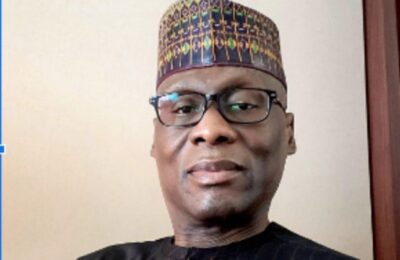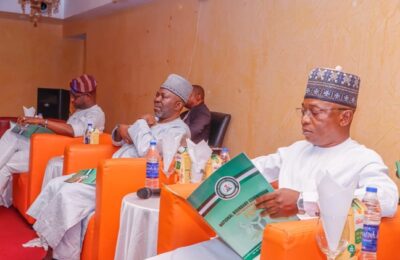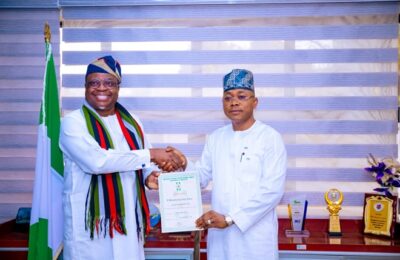Northern Nigeria sits upon the rarest of treasures, not merely in the glitter of gold or the gleam of gemstones, but in the veins of lithium, cobalt, nickel, and manganese that course through its soils like lifeblood waiting to be refined. From Nasarawa’s ridges to Plateau’s hills, from Niger’s fields to Kaduna’s valleys, the land whispers of wealth, of industry, of transformation. Yet, instead of alchemizing these riches into engines of progress, the northern political class continues to indulge in the perpetual theatre of Aso Rock obsessions. They chase shadows in Abuja while the world manufactures futures from the very minerals buried under Arewa feet.
The irony is almost tragic. Institutions like Ahmadu Bello University in Zaria, the University of Ilorin, the Federal University of Technology in Minna, and the University of Jos already produce the geologists, engineers, and metallurgists who possess the scientific acumen to transform rocks into batteries, ores into alloys, minerals into markets. But Nigeria, true to its paradox, trains its brightest to serve as guards at mines instead of innovators in factories. “Africa is not poor, it is poorly managed,” the late Ghanaian statesman Kwame Nkrumah once declared, and nowhere does this ring truer than in Northern Nigeria, where leadership prefers the transient allure of political crowns to the enduring legacy of industrial power.
Lithium, the white gold of our century, is no longer just a mineral. It is the heartbeat of electric cars, smartphones, renewable energy storage—the pulse of a decarbonizing world. Indonesia, understanding this, outlawed raw nickel exports and compelled local processing. Today, the archipelago is home to some of the largest battery plants in Asia. Meanwhile, in Nigeria, truckloads of raw lithium depart dusty northern roads to distant ports, while finished batteries return as luxury imports with price tags heavy enough to choke our foreign reserves. The spectacle resembles a man selling his cow only to buy beef at the market—an eternal cycle of self-imposed poverty dressed as trade.
In the Arewa imagination, political relevance has become synonymous with access to Aso Rock, as though history will only remember who sat in the Villa and not who built industries that fed generations. This fixation is costly. Investors seeking to establish value-adding plants confront insecurity, epileptic power supply, and opaque policy frameworks. They are met with leaders who prefer photo opportunities in Abuja over long-term blueprints in Jos, Minna, Lafia, and Yola. The consequence is stark: instead of being the Silicon Valley of Africa’s mineral wealth, the North risks entrenching itself as a quarry for global giants. “The future will be shaped by those who refine resources, not by those who dig them out,” Joseph Stiglitz, Nobel laureate in economics, once warned—and the North seems dangerously deaf to this counsel.
– Inah Boniface Ocholi writes from Ayah – Igalamela/Odolu LGA, Kogi state.
08152094428 (SMS Only)




